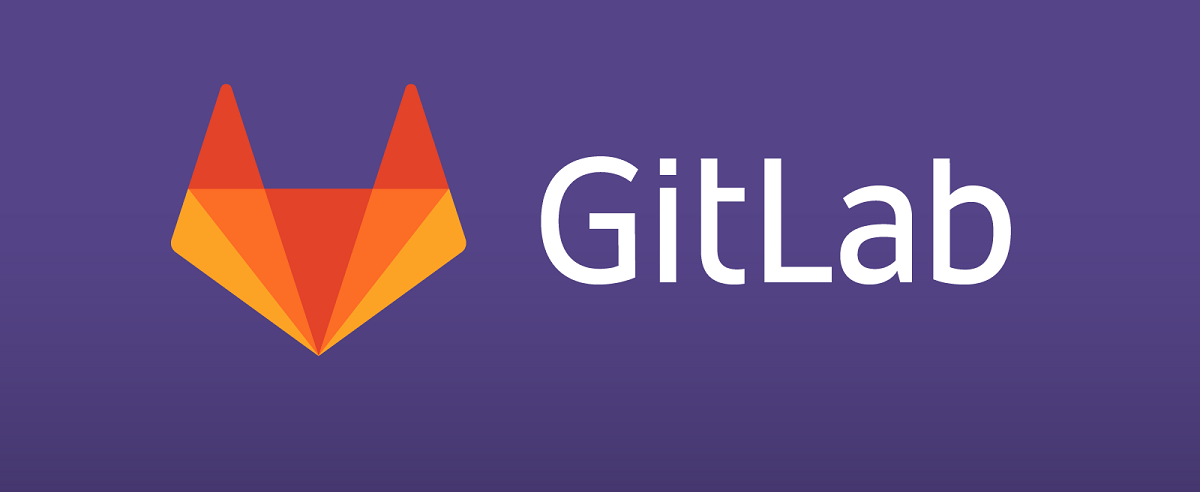
The project CentOS unveiled recently the launch of a new collaborative development service based on the platform GitLab, this is due to the decision to use GitLab as the primary hosting platform for CentOS and Fedora projects that was made last year.
It should be noted that the infrastructure was not built on its servers, but based on the Gitlab service in which the gitlab.com/CentOS section is provided for CentOS related projects.
For the moment, work is being done to integrate the section with the CentOS project user base, which will allow developers to connect to the Gitlab service using existing accounts.
We welcome CentOS to the wider GitLab community! We believe in the GitLab DevOps platform and its ability to help communities like CentOS plan, build, protect and deploy software collaboratively and transparently faster. We look forward to seeing the impact the switch to GitLab will have on your community.
Separately, it is observed that the project they had based on the Pagure platform (git.centos.org) will continue being considered as a place to host the sources of packages ported from RHEL, as well as the basis for the formation of the CentOS Stream 8 branch.
But the CentOS Stream 9 branch is already being developed based on a new repository in GitLab and is distinguished by the ability to connect to development community contributors, plus other projects hosted on git.centos.org remain in its place for now and are not required to migrate.
You may recall that CPE ran a requirements session to find a future home to store our source code. Gitlab was chosen as the destination based on various requirements. During the past year, CentOS Stream was developed through Gitlab. We used this time period to test workflows and we are now pleased to announce that Gitlab has kindly welcomed CentOS into their open source GitLab program. We now have a hosted GitLab available to the CentOS community that provides our community members with additional options for code and project management. We are now working to integrate the CentOS account system into Gitlab, allowing for seamless integration and use of your account.
For its part, it is also worth mentioning that there were opponents of the transition to Saa modelYes and during discussion of the decision made pointed out that using a ready-to-use service provided by GitLab does not allow full control of the infrastructurefor example, it is impossible to be sure that the server infrastructure is properly maintained, vulnerabilities are promptly removed, telemetry and the environment will not begin to prevail were not compromised as a result of an external attack or the actions of employees dishonest.
For clarity, https://git.centos.org is still the proper location for all RHEL source downloads and CentOS Stream 8 content. Https://gitlab.com/redhat/centos-stream is the location to contribute to CentOS Stream 9. Any GIS content stored on git.centos.org can stay there for now, we are not asking for migration yet.
When choosing a platform, in addition to standard operations with repositories (merge, fork, add code, etc.), there were requirements such as the ability to send push requests via HTTPS, means to limit access to versions, support for private versions, share access to external and internal users (for example, to work on fixing vulnerabilities during an embargo on the disclosure of information about a problem), familiarity with the interface, unification of subsystems to work with problem reports, code, documentation and planning of new features, availability of tools for IDE integration, support for standard workflows, the ability to use a bot for automatic merges (requires CentOS Stream to maintain packages with the kernel).}
Finally, if you are interested in knowing more about it, you can consult the details in the following link.